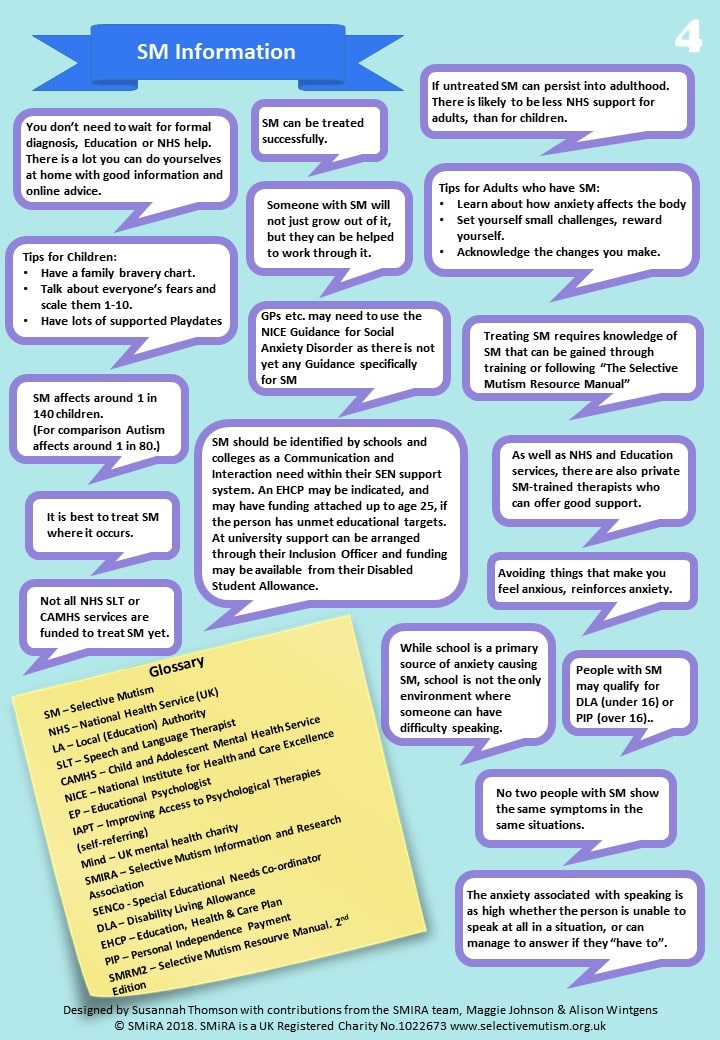I read this interesting article today which mirrors my beliefs: https://www.smartspeechtherapy.com/what-does-research-say-about-the-functionality-of-language-standardized-tests/
We cannot rely on standard testing alone, we need a measure of what the child or young person is doing in 'real-life' everyday, functional ways. As a great example, I've got an annual review this week where the 14yo has scored age-equivalently on everything on the CELF-4 BUT that does not mean he needs to be discharged.
I see him on a one-one basis where he sees me as an equal. There's no anxiety so I can push him to his absolute best, he wants to both please me and beat me at tasks. His memory has wikapaedic qualities! However, in everyday situations he cannot put his skills into place as he has auditory processing issues, anxiety, difficulty reading people's cues and clues and he acts as a much younger child (as a safety devise?). His anxiety affects his processing and his language and communication difficulties remain a huge barrier to accessing the curriculum, making friends and 'fitting in' with his peer group. Fortunately, he has a parent who knows all this and will fight to the nth degree to make sure he receives the support he needs.
I've also seen numerous children who score well on tests but in context cannot use these skills demonstrated in the one-to-one, quiet situation with the very nice lady/man who is skilled at getting the best out of children for the short time they're there. We only get a snap-shot of the child in that situation, at that time.
Instead of relying on just a score, we also make use of checklists and interviews with people who know the child best, so parents and teachers; we use tools such as the CCC2 and the Dewart and Summers Pragmatic profile. We also use a dynamic approach so we're looking at everything from the initial 'Hello' to the sight of the back of their head on the way out!
Formal assessments have a place, of course (I'm not stupid!) but we need to listen well to the important people in the child's life and be more confident in our skills as clinicians! What do you think?










